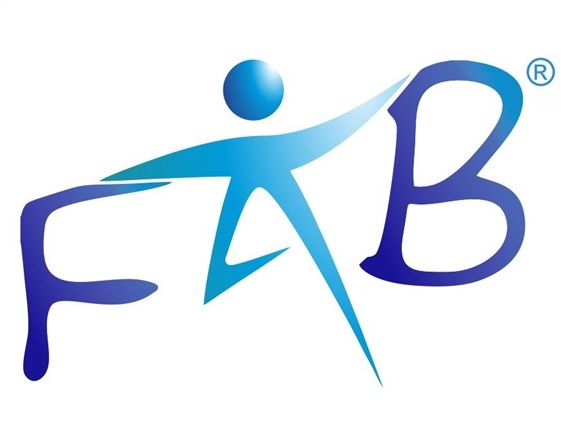Autism Spectrum Disorders: Dietary Approaches
Learn practical and effective ways to improve diet and nutrition in children and adults with ASD and related difficulties with mood, behaviour or learning - at home, in schools and in the workplace
Behaviour, mood and learning all depend on the health and development of the brain and nervous system. In recent years, however, research has confirmed just how fundamental the connections are between the brain, the gut, and the immune system - with each capable of affecting the other.
This not only helps to explain why many physical health problems - particularly allergies and immune disorders, and some gastro-intestinal conditions - are unusually common in children and adults with ASD and related behavioural conditions. It also helps to explain why, and how, nutrition and diet can play an important role in the prevention and management of both physical and mental health symptoms.
Find out more about:
- how diets high in sugar and refined carbohydrates, and lacking in dietary fibre, can harm brain health
- evidence that some artificial food additives, as well as specific food intolerances, can have negative effects on mood, behaviour and learning for many individuals
- the crucial importance of dietary fats - particularly the omega-3 and omega-6 essential fatty acids - for healthy brain development and function
- key vitamins, minerals and other essential micronutrients often lacking from modern diets
- the potential benefits - and risks - of both common dietary patterns and specific dietary interventions, including ‘exclusion diets’.
The video recording of this FAB Research Live Webinar and Q&A event - together with downloadable handouts - is available FREE to FAB Associates (for other benefits of joining FAB as an Associate member - see HERE).
Alternatively, this - and other individual FAB Webinars - can be accessed for a small fee via our FAB Webinar Library
Speakers

Dr Alex Richardson
DPhil (Oxon), PGCE, FRSA
